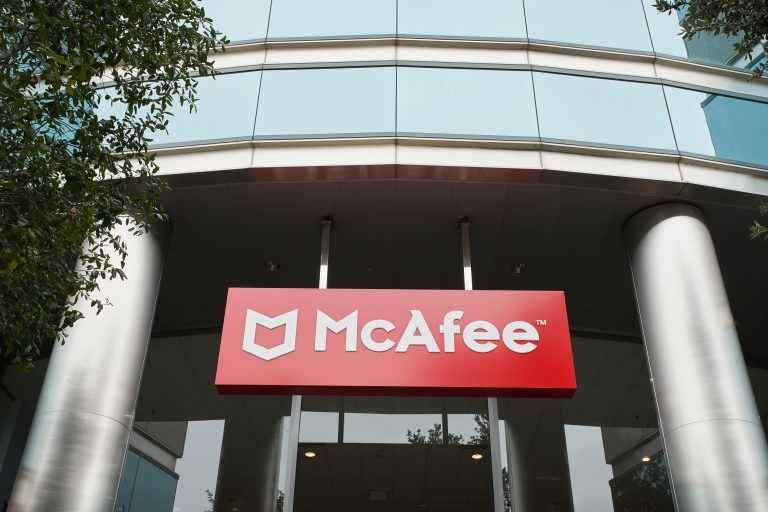
In a concerning development in Pinellas County, Florida, criminals have been exploiting counterfeit McAfee pop-ups to trick individuals into granting unauthorized access to their personal computers. This deceptive tactic has allowed scammers to take control of victims' devices and manipulate them into engaging in various fraudulent activities.
Once the scammers have gained remote access to a victim's computer, they proceed to coerce the individual into making financial transactions that benefit the criminals. These transactions typically involve transferring funds through bitcoin ATMs, purchasing gold bars, or making substantial cash withdrawals. In some cases, the scammers even arrange for couriers to pick up the cash amounts withdrawn by the victims.
The use of counterfeit McAfee pop-ups adds an additional layer of sophistication to this scam, as it gives the appearance of legitimacy and authority. McAfee is a well-known cybersecurity company, and many individuals trust its products to protect their devices from online threats. By impersonating McAfee in these pop-ups, the scammers are able to gain the trust of their victims more easily and convince them to comply with their demands.
One recent incident in Pinellas County serves as a stark example of the harm caused by these fraudulent schemes. The details of this particular case were not disclosed in the initial report, but it underscores the serious consequences that can result from falling victim to such scams. Financial losses, invasion of privacy, and potential identity theft are just some of the risks associated with allowing unauthorized access to personal computers.
In light of these developments, it is crucial for individuals to exercise caution and vigilance when encountering pop-ups or messages that claim to be from legitimate companies like McAfee. It is important to remember that reputable companies will never ask for access to personal information or financial transactions through unsolicited pop-ups or emails.
To protect themselves from falling victim to similar scams, individuals are advised to follow these cybersecurity best practices:
1. Install reputable antivirus software and keep it updated to protect against malware and phishing attempts.
2. Be cautious when clicking on pop-ups or messages, especially those that request sensitive information or financial transactions.
3. Never grant remote access to your computer to someone you do not know or trust.
4. If you encounter a suspicious pop-up or message, close it immediately and run a full scan of your device with your antivirus software.
By staying informed and practicing good cybersecurity habits, individuals can reduce their risk of falling prey to scams like the counterfeit McAfee pop-up scheme in Pinellas County, Florida.
Source: https://news.bitcoin.com/fake-mcafee-pop-ups-hijack-pcs-in-ruthless-bitcoin-and-gold-bar-scams/

Leave a Reply